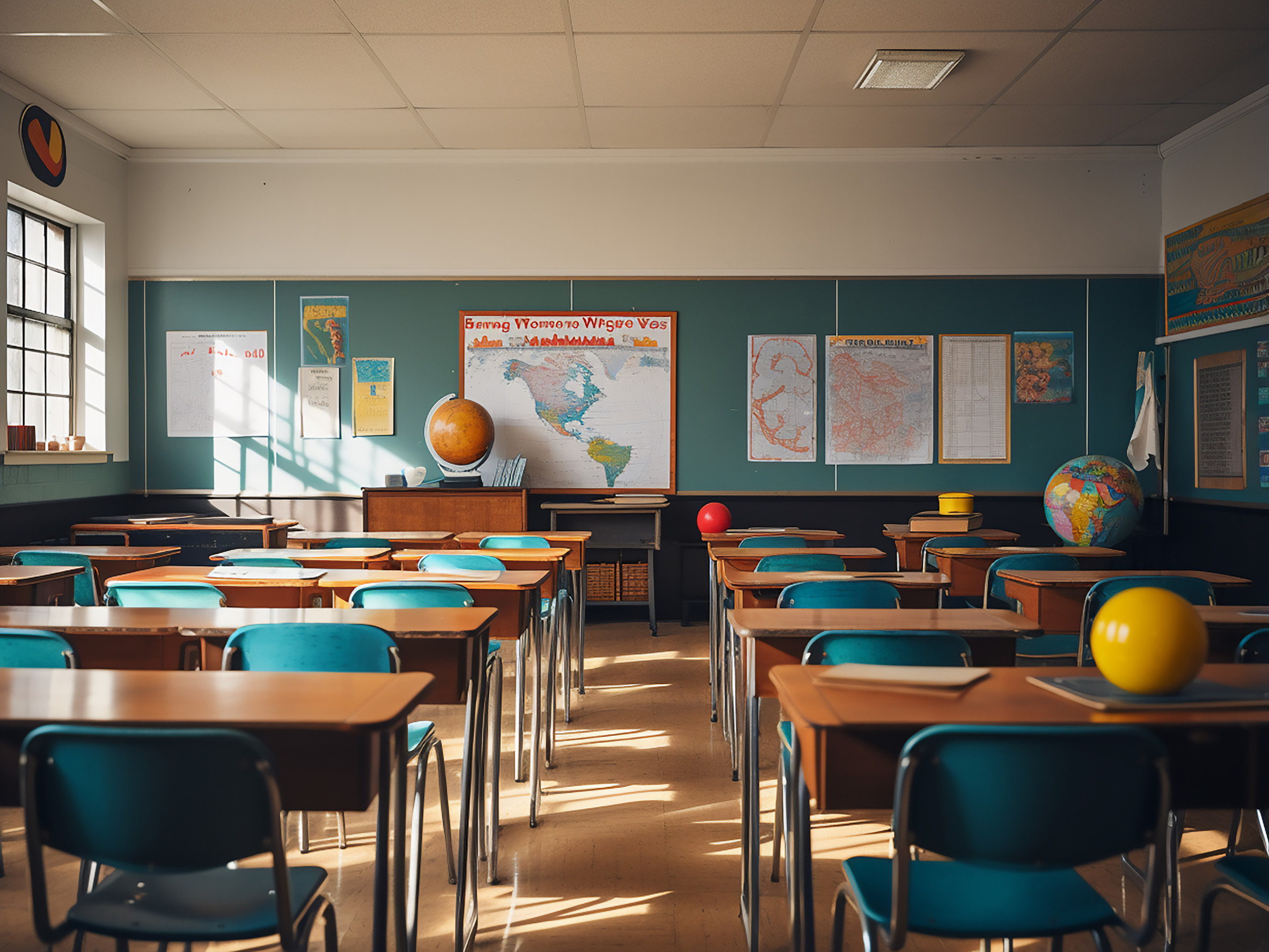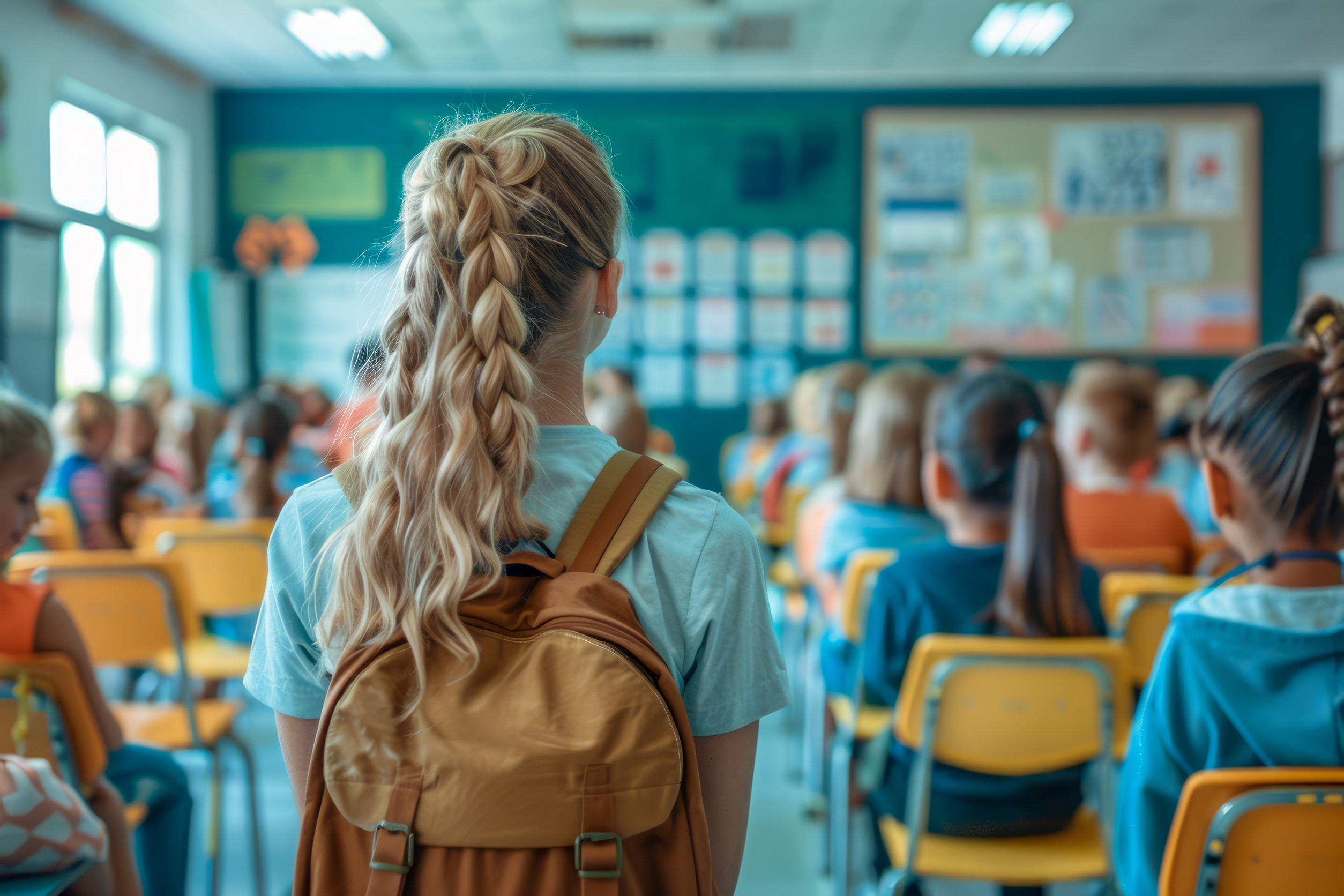
Public education has always been a reflection of a nation’s values, fears, and ambitions. Yet in recent years, a growing wave of state-level laws and policies has changed what can and cannot be taught in American classrooms.
Some subjects once considered standard parts of a well-rounded education are now restricted or outright banned in certain states. These flashpoints reveal deep divisions about race, history, gender, and what it means to be a citizen.
1. Teaching Critical Race Theory
Critical race theory, once confined to graduate-level legal studies, has become a lightning rod in debates about public education. Some states have passed laws forbidding any teaching that suggests racism is systemic or woven into American institutions. Educators worry that even a nuanced lesson on segregation or redlining might be labeled as CRT and violate state law. This has led many teachers to avoid difficult conversations about inequality altogether. The result is a chilling effect that leaves students with an incomplete understanding of American history.
2. Discussing Gender Identity
Conversations about gender identity have sparked some of the most heated legislative battles in schools across the country. Several states now have rules that prevent teachers from acknowledging transgender identities or discussing gender beyond the binary of male and female. In these classrooms, using a student’s preferred pronouns could even be prohibited. Critics argue these restrictions put LGBTQ+ students at greater risk of isolation and misunderstanding. Meanwhile, supporters claim such topics should be left to parents, not public schools.
3. Covering LGBTQ+ History
The contributions of LGBTQ+ figures like Harvey Milk and Marsha P. Johnson are celebrated in some states and silenced in others. New “Don’t Say Gay” style laws make it illegal in certain places to include LGBTQ+ topics in curricula before specific grade levels. Some educators fear repercussions for simply displaying a rainbow flag or mentioning the Stonewall riots. This erasure denies students the chance to see how LGBTQ+ people have shaped civil rights history. It also sends a message that these identities are something to be hidden or ignored.
4. Exploring Contemporary Social Movements
Lessons about movements like Black Lives Matter can violate new state guidelines that ban teaching concepts related to racial privilege or oppression. Some laws forbid educators from suggesting that any individual bears responsibility for historical injustices. Teachers now tread carefully when covering recent protests, fearing complaints or disciplinary action. This stifles meaningful debate about events that have shaped students’ communities and newsfeeds. The result is a sanitized version of current events that doesn’t prepare students to be informed citizens.
5. Providing Comprehensive Sex Education
In several states, comprehensive sex education is being replaced with abstinence-only programs by law. Educators who teach about contraception, safe sex practices, or consent can find themselves at odds with state mandates. Critics say this leaves young people without essential knowledge to make responsible choices. Studies show comprehensive sex education lowers teen pregnancy rates and improves health outcomes. Yet in some classrooms, discussing condoms or birth control can be considered illegal.
6. Teaching Climate Change as Fact
Climate change is widely recognized by scientists as one of the defining challenges of this century. Still, in some states, laws discourage or outright ban teaching it as settled science. Instead, teachers are pressured to present climate change as a debatable theory, alongside fringe ideas that downplay human impact. This manufactured doubt undermines scientific consensus and confuses students about real-world environmental threats. Many teachers feel torn between facts and local politics.
7. Examining White Privilege
Some new education laws specifically target lessons that address white privilege or systemic bias. Teachers are prohibited from suggesting that one race is inherently advantaged or disadvantaged by historical or current systems. This makes it nearly impossible to fully explore topics like redlining, segregation, or the wealth gap. Avoiding these discussions leaves students with a misleading version of how economic and social inequalities persist. Many educators now self-censor to avoid accusations of indoctrination.

8. Studying Books That Include “Controversial” Themes
School libraries and reading lists have become battlegrounds for what students can access. Books dealing with race, sexuality, or difficult aspects of American history are being removed or banned outright. Teachers who assign such books risk violating local laws or district policies. Classics like To Kill a Mockingbird and The Bluest Eye have been challenged in states where parents claim they promote discomfort or guilt. Limiting these texts narrows students’ ability to engage with complex ideas and diverse perspectives.
9. Teaching About Reproductive Rights
Lessons on the history of reproductive rights, including landmark cases like Roe v. Wade, are now restricted in some states. Teachers might be barred from discussing abortion beyond presenting it as legally banned or morally wrong. In states with strict anti-abortion laws, educators fear backlash for even acknowledging its past legal status or social impact. Students miss out on understanding the evolution of women’s rights and the legal battles that have shaped bodily autonomy. This silence leaves a gap in civic education that will resonate for generations.
The Classroom as a Battleground
Across the country, teachers find themselves caught between their professional duty to educate and political mandates that limit what they can say. These nine lessons show how deeply divided the nation is over what children should learn and who gets to decide. When history, science, and social realities are off-limits, students lose the chance to think critically about the world they will inherit.
The classroom has become a mirror of larger societal conflicts that demand open, informed debate. Now it is time for you to share your thoughts below—what lessons should never be off-limits in a free society?
Read More
Shocking Truth: 10 Truths About Modern Schools Your Kids Attend
Are You Preparing Your Child for Success or Stress? 7 Ways to Tell
The post 9 Public School Lessons That Would Be Illegal in Some States appeared first on Everybody Loves Your Money.







